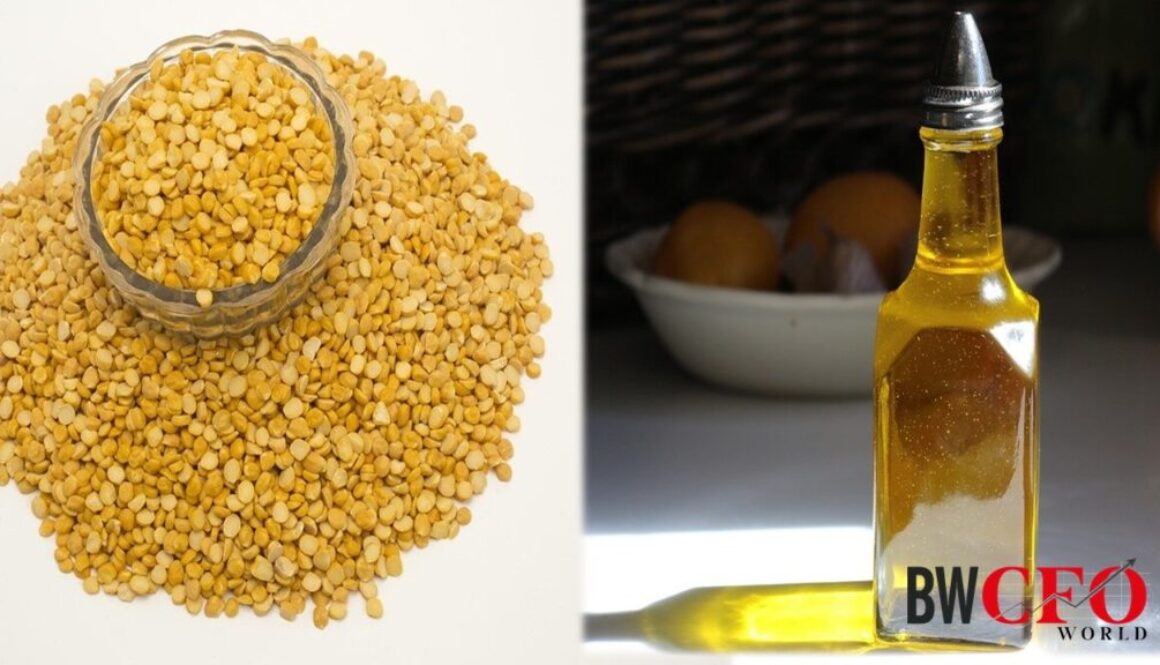Sebi Bans Launch Of New Derivative Contracts Of Crude Palm Oil
With respect to running contracts, no new position will be allowed to be taken and only squaring up of positions will be allowed. The directions will be applicable for one year, Sebi said in a release on Monday.
Markets watchdog Sebi has banned the launch of new derivative contracts of crude palm oil, moong, wheat and few other agricultural commodities with immediate effect amid rising inflation.
With respect to running contracts, no new position will be allowed to be taken and only squaring up of positions will be allowed. The directions will be applicable for one year, Sebi said in a release on Monday.
Launch of new contracts of paddy (non-basmati), wheat, soybean and its derivatives, crude palm oil and moong have been barred till further orders.
The list includes chana, and mustard seeds and its derivatives (its complex). The derivative contracts for these commodities were suspended earlier this year.
Deepak Jasani, Head of Retail Research at HDFC Securities, said banning derivatives for seven agricultural commodities for one year seems to be a knee jerk reaction to the unrelenting inflation pressure from food items.
National Commodity and Derivatives Exchange Ltd (NCDEX) said no fresh positions, including intra-day, will be allowed in respect of futures and options contracts of certain commodities and only squaring up of existing positions will be allowed.
“No new futures and options contracts will be launched till further notice in any of the commodities listed…,” NCDEX said in a circular.
The commodities listed are wheat, chana, rapeseed – mustard seed, soybean, refined soy oil, hipro soybean meal, crude palm oil, moong and NCDEX Soydex.
In a circular, commodity bourse MCX said no fresh position, including intra-day, will be allowed in respect of futures contract of crude palm oil on the exchange from Monday.
Only squaring up of existing position will be allowed and no new futures contract of crude palm oil will be launched till further notice, it added.
National Stock Exchange (NSE), in a circular, said all the existing contracts of Crude Degummed Soybean Oil Futures (DEGUMSYOIL) have been suspended for trading with immediate effect and that no new futures contracts shall be launched till further orders.
“While some correction in prices of these commodities may be expected in the near term, sustained fall in the prices of these will happen when the supply of these commodities rises due to better crop or imports.
“Inflation may dip marginally in the near term but may then depend on whether these prices have again risen or have sustained at lower levels,” Jasani noted.
In November, retail inflation rose to a three-month high of 4.91 percent, mainly due to an uptick in food prices. During the same month, the wholesale price-based inflation surged to a record high of 14.23 percent amid the hardening of prices of mineral oils, basic metals, crude petroleum, and natural gas.
Solvent Extractors Association of India (SEA) Executive Director B V Mehta said the government was compelled to suspend futures tradings in some farm commodities because of the high prices of cooking oils in the domestic market.
“We feel that the futures trading is also important for price discovery. We request the government to revisit the issue during February, when mustard crops starts arriving in the market, to ensure that farmers get right prices for their produce and market rates do not fall below the minimum support price (MSP),” he added.
SEA is one of the leading industry bodies for edible oil processors.
Origo Commodities Vice President K V Singh said the decision to ban derivatives in seven commodities is a “highly regressive step by the central government”.
“It will have a very negative impact on the health of the agri commodities derivatives markets in India and the confidence of the market participants,” he added.
(PTI)

